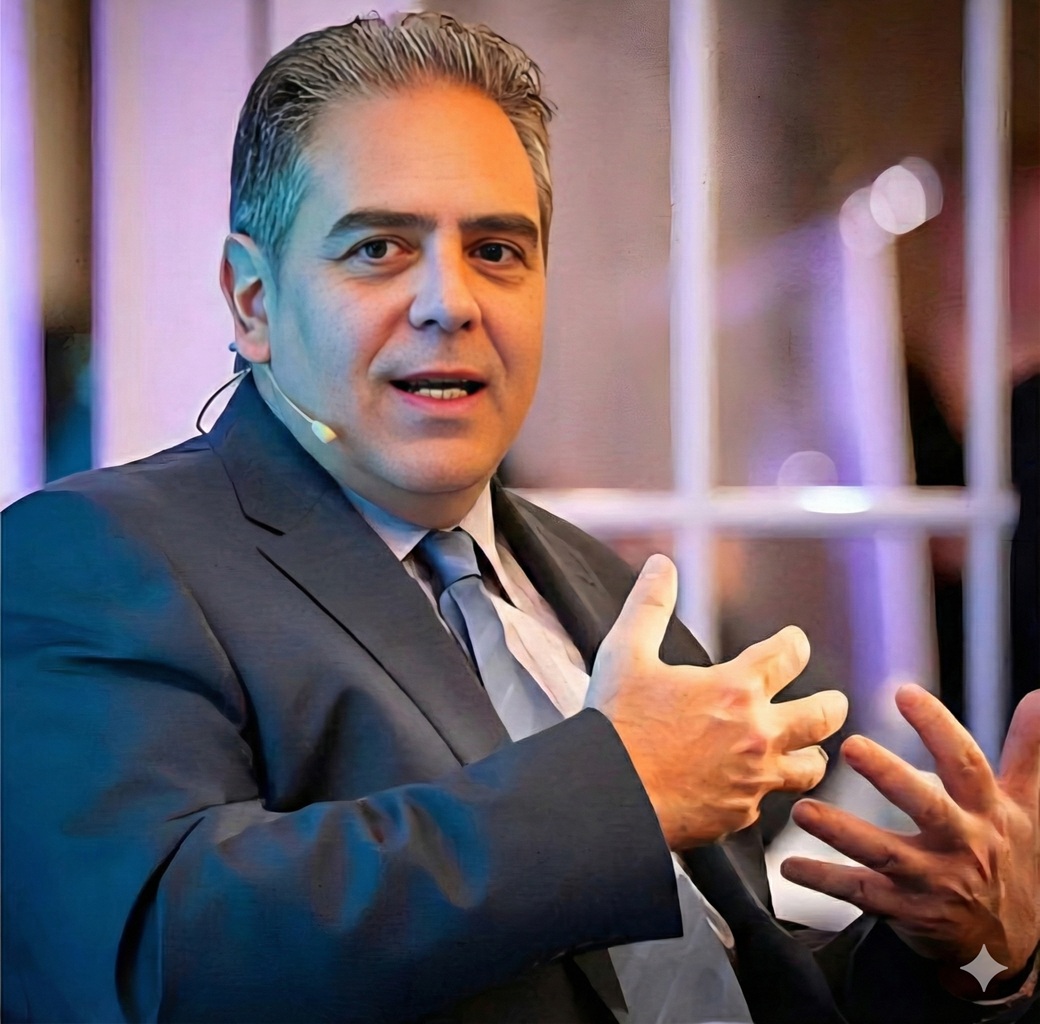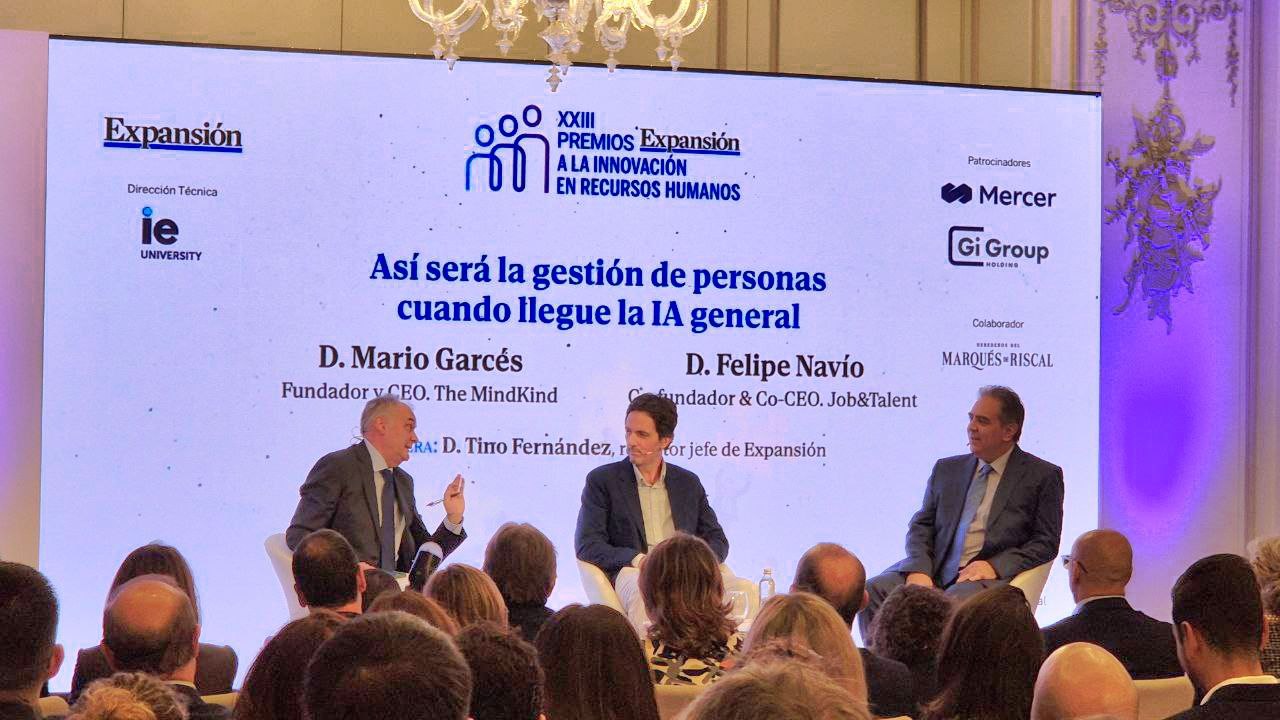The Spanish Association of Mountain Municipalities concluded its VII Congress in Candelario (Salamanca), emphasizing the crucial need for small town councils to have increased powers to swiftly and efficiently support entrepreneurs.
“We need to establish networks among local leaders, and this association serves as a vital intermediary between young people, entrepreneurs, and institutions,” explained Francés Boya, the general secretary of the Ministry of Transition and Demographic Challenge. “This association can endure because it is built on consensus,” he added.

The newly elected president of esMONTAÑAS, Miguel Gracia, emphasized the necessity of ensuring that “those living and caring for the rural environment have the same opportunities as those in urban areas.” He stressed that administrations with legislative authority, from any level, must understand the realities of rural life. esMONTAÑAS will continue to demand greater tax autonomy for local administration, the development of laws for small municipalities, employment contracts tailored to rural environments, and solutions for housing shortages, among other issues.
Gracia succeeded Marcel Iglesias, mayor of Bonansa (Huesca), who highlighted the need for a “second decentralization” from Autonomous Communities to local communities, emphasizing the importance of actionable ideas.
The secretary of esMONTAÑAS, Maria Vergés, identified the keys to the association's success as loyalty and consensus. She explained that shared challenges brought them together, leading to the formation of esMONTAÑAS.

Celebrating its VII Congress under the theme “10 Years For, Through, and From the Mountains,” esMONTAÑAS emphasized that mountain areas are not a problem but part of the solution to revive abandoned regions in the country, as stated by Somiedo Mayor Belarmino Fernández during the round table “Past, Present, and Future of Mountain Towns.”
Efforts to promote sustainable growth in esMONTAÑAS areas highlighted the importance of entrepreneurship and retaining young talent. The association launched the “Young People, Talent, and Future” project, identifying 38 institutes in mountain territories to engage with young people, discussing future opportunities and encouraging their return to hometowns after studying abroad.
One notable example of successful entrepreneurship presented was The Mindkind, a project from the Pyrenees town of Castejón de Sos, aiming to enable interaction with machines that blurs the line between human and robot interaction. Another initiative discussed was Vacapop, an app for buying and selling livestock, and “Perez Told Me What,” a podcast-based effort showcasing Rural Spain in Asturias. Electrosan Telecomunicaciones, competing with major telecom companies from Candelario, was also introduced.
The congress explored various initiatives for building a sustainable economy, including studying forests' benefits and predicting climate change through advanced meteorological information. Sustainability experts emphasized the urgent need for an economic and digital transition, advocating for long-term solutions.
The event concluded with a round table on “Local Administrations Facing Environmental Challenges,” where public and private initiatives for achieving European waste reduction objectives were discussed.

In the following round table we learned about various initiatives to achieve an economy based on sustainability. For example, the study of forests to analyze their benefits carried out by José Roces, doctor in natural resources at the University of Oviedo , or how Aemet seeks to have the best information to predict climate change.
Cristina Monge, political scientist and doctor from the University of Zaragoza, who spoke on aspects of sustainability and development and advocated working along these lines “seeking medium and long-term results, and not short-term ones.”
Maria Gafo , PhD in Forestry Engineering from the Polytechnic University of Madrid , explained that “sustainability is not an option, it is the only option we have. All resources come from the mountains. We have to go through an economic and digital transition, and from Brussels we try to provide tools that should help achieve this goal.
The congress ended with the round table “Local administrations facing environmental challenges” in which we were able to learn about public and private initiatives to achieve European waste reduction objectives.

















